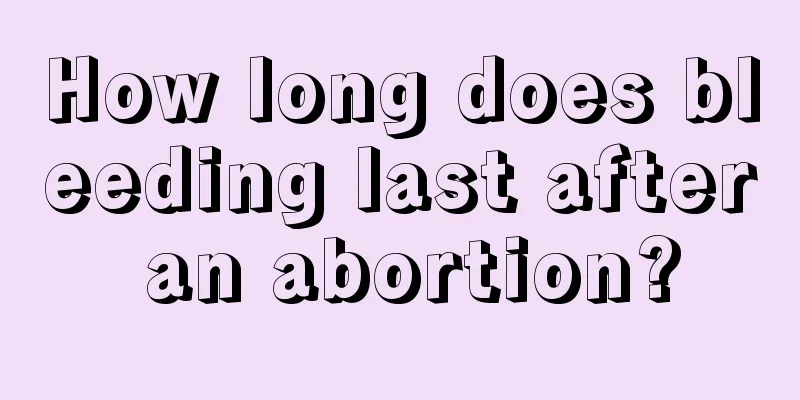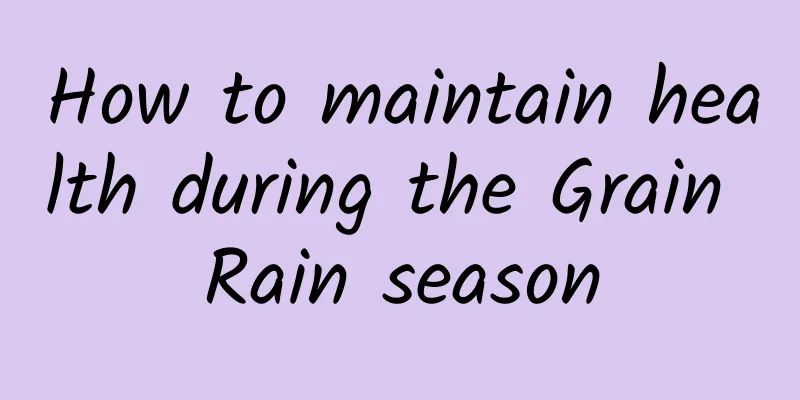What disease is related to the slight pain in the breast?

|
Women often have random thoughts because of dull breast pain. Occasional breast pain is not only confusing, but also makes them worry about various cancers. If the breasts often experience dull pain, it should be considered as physiological pain. Generally, it occurs before and after menstruation. Pathological pain will cause tingling and pain when pressed. These should be considered as inflammation or cysts, and should be checked and treated in time. Breast pain types Breast disease = breast cancer? Female compatriots seem to be very sensitive to these words, especially those who suffer from breast pain from time to time. Experts point out that pain can be divided into several types. Some are physiological pains and there is no need to be too nervous, while some pathological pains should be taken seriously and medical treatment should be sought in time. Don't worry too much about physical pain Physiological breast pain is often related to menstruation, and breast tenderness about a week before menstruation is considered normal. Breast pain during adolescence: The breasts of girls aged 9 to 13 begin to develop, and dome-shaped nodules the size of peas or beans appear in the breast tissue under the nipples, which cause slight pain. After menarche, it will disappear on its own as the breasts mature during puberty. Menstrual breast tenderness: It is the most common type of breast pain, accounting for about 65% of all breast pain, with an average age of occurrence of 35 years. The pain usually occurs or worsens 3 to 7 days before menstruation and gradually disappears or eases after menstruation. The severity of the pain varies from month to month, and is often felt as a heaviness, distension, dull pain, or occasional brief tingling sensation. There are also tender breast nodules, which are aggravated by pressure, movement or lifting objects. Breast tenderness during pregnancy: Some expectant mothers experience breast tenderness around 40 days after pregnancy because the placenta and villi secrete large amounts of estrogen and progesterone, which enlarge their breasts. In severe cases, the pain may last throughout the pregnancy and usually does not require treatment. Postpartum breast tenderness: Breast fullness, hardness and pain often occur 3 to 7 days after delivery. This is mainly due to the effects of prolactin, venous filling, interstitial edema and milk filling. Therefore, mothers should breastfeed as early as possible. If there is a lump, you can apply hot compress and massage the lump before breastfeeding, or you can use a breast pump to extract milk to promote the patency of the mammary ducts. |
>>: What are the causes of itching in women's lower body?
Recommend
Can girls eat oranges during menstruation?
Oranges are very nutritious and have certain bene...
How does breastfeeding affect women?
The lactation period is a period that every pregn...
The impact of inverted areola is too great to be ignored!
The female breast is a lactation organ with the n...
Can I get pregnant if one of my fallopian tubes is blocked and the other is open?
Pregnancy is not a natural thing for couples in s...
How much pain is the period?
Gynecological diseases are diverse, and menstrual...
Bleeding after using diazothiazine suppositories
Dimethoate suppository is mainly used for bacteri...
What causes breast pain during menstruation?
I believe that many female friends will always ha...
Beware! A pen contains ten kinds of poisons. Your children may also be using it...
This article was reviewed by Chu Yuhao, PhD from ...
Introduction to women's menopausal age
The time when women enter menopause is different,...
What exercises can girls do to grow taller
Girls who are tall and well-proportioned will alw...
Why is it itchy all over during the month?
Women who are in the confinement period are more ...
How many days after an abortion can I take a shower?
Abortion is a way to terminate pregnancy. There a...
Does low menstrual flow affect ovulation?
From ancient times to the present, more and more ...
What medicine can girls take to relieve dysmenorrhea
Dysmenorrhea is one of the most common gynecologi...
What should women do if their breasts swell while breastfeeding?
Women will naturally secrete milk after giving bi...









